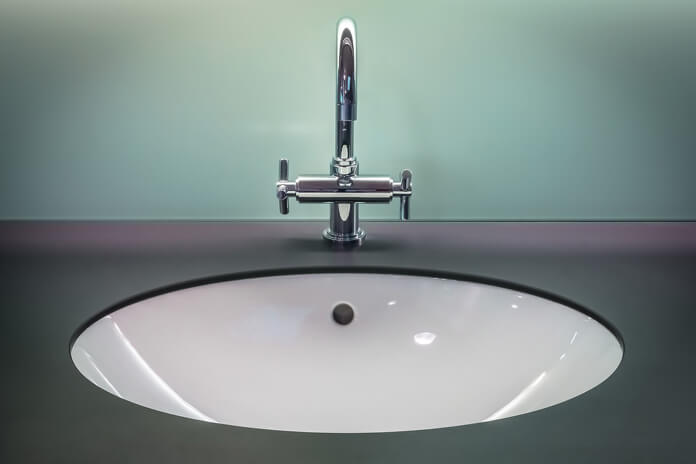While the US continues to debate the option of creating a unisex bathroom that caters to transgender people, the Berlin justice ministry is on their way to opening up government building bathrooms for both genders in one.

Not a big deal, according to the ministry
An audit report by the Berlin justice ministry released recently concluded that it wouldn’t require a great deal of effort to convert bathrooms in administrative buildings to unisex facilities.
“The building scan showed that having toilets for all sexes in many places would be simple to implement,” said justice minister Dirk Behrendt, who is also responsible for anti-discrimination projects. The goal being to reduce discrimination felt by transgender or gender fluid individuals.
Politicians and activists such as Behrendt are doing what they can to make German bathrooms as inclusive as possible, using the example of a unisex toilet on airplanes. The conversion of each bathroom would cost around €500 maximum, in addition to changing the name on the signs.
The plan also suggests that this will be a medium- to long-term goal, which may include more family-friendly functions such as changing stations.
A far cry from the US legislature
These so called “bathroom bills” have been a heated topic across more than a dozen US states in this year alone. Most notably, North Carolina passed and then later repealed a measure that insisted individuals only use government restrooms that are designated to the gender on their birth certificates. This law was widely condemned by many LGBT organizations as well as corporations that operated in the state. Germany’s Deutsche Bank also froze expansion plans in North Carolina in response.
Going a step further…
Germany doesn’t plan to stop at bathrooms when it comes to gender identity rights. In 2016 they became the first European country to give parents the option to not choose a sex at birth, though that specifically applies to children born intersex (with both male and female characteristics).
This is essentially intended to relieve parents of the burden to choose the sex of their young child from birth. In this instance, the child can decide themselves which gender they more align with.
“Most intersex people realize over time that they want to live life more as a man or as a woman,” said Lucie Veith of the German Association of Intersex People.









